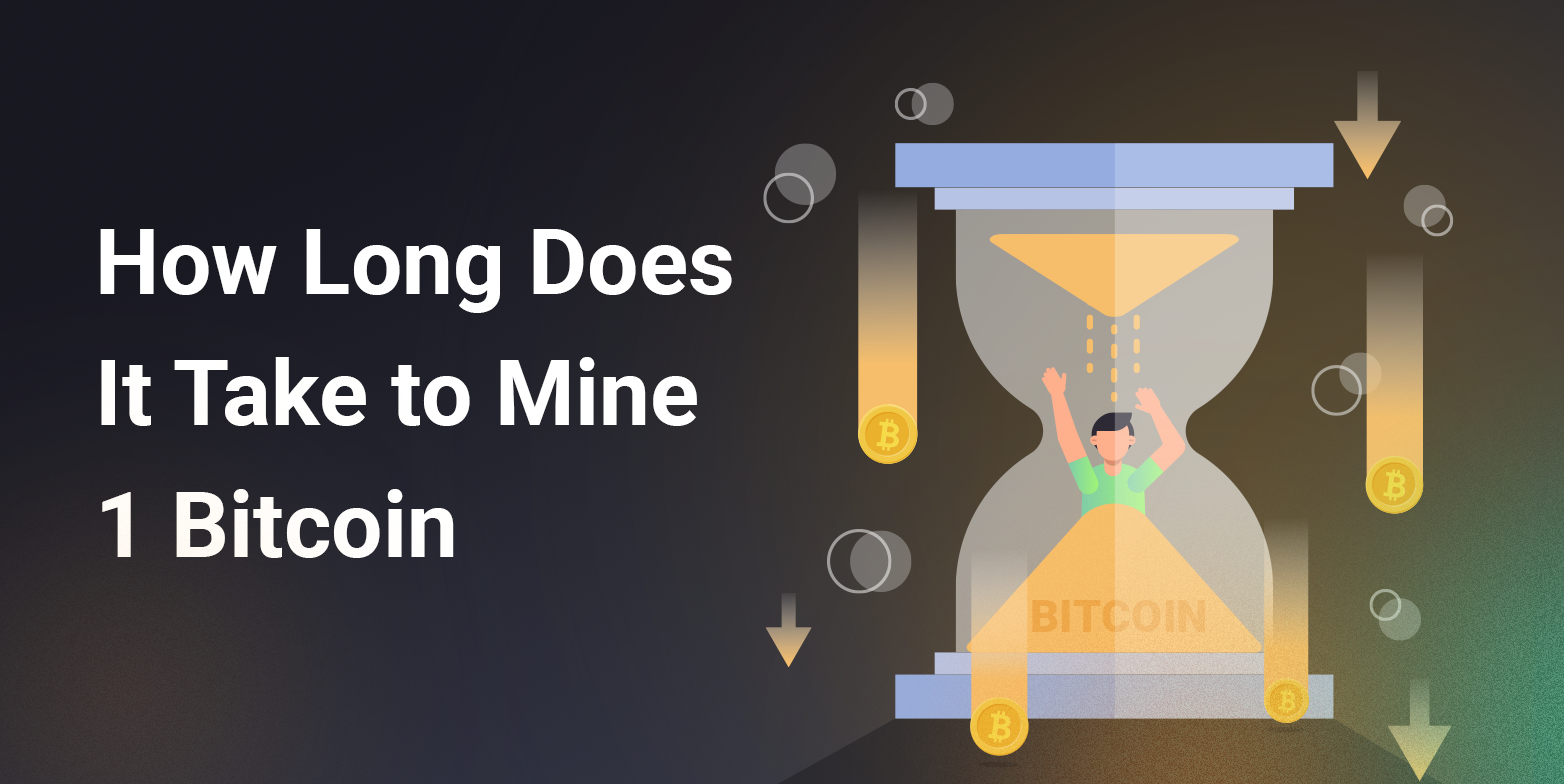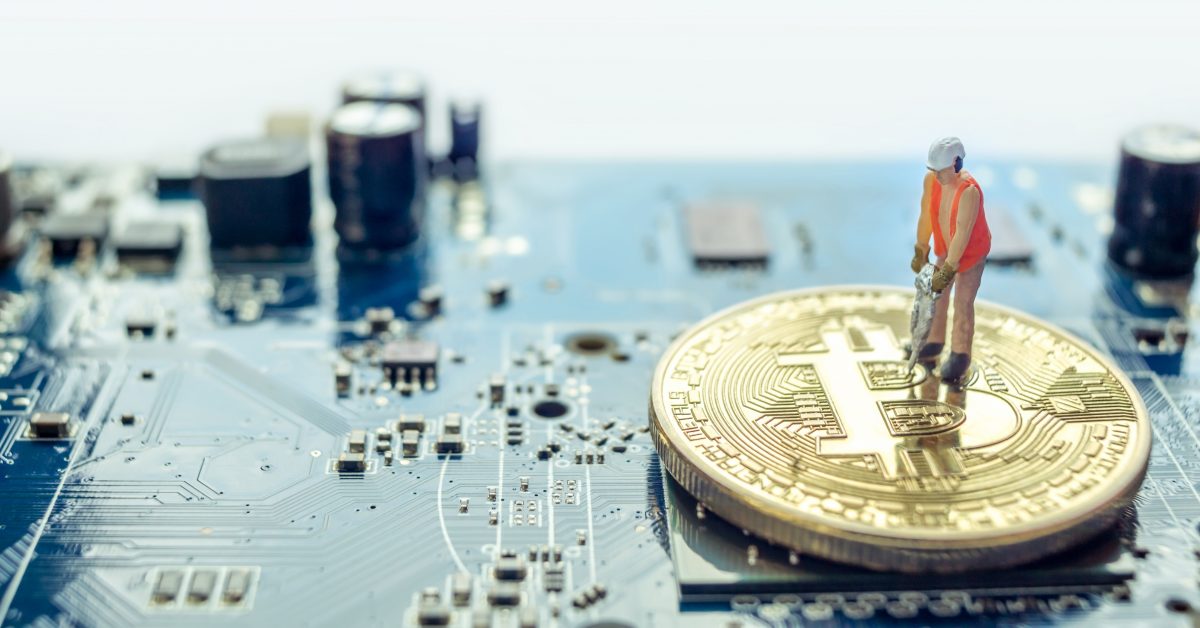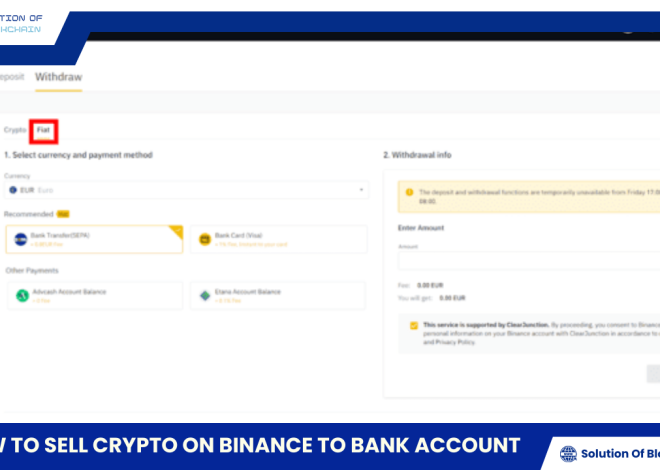
How long does it take to mine 1 Bitcoin
Have you ever wondered how long it takes to mine one Bitcoin? With the increasing value of Bitcoin, more and more people are curious about the mining process and the time it takes to own one Bitcoin. Let’s explore in detail the Bitcoin mining process and the factors that affect the time it takes to mine one Bitcoin block.
Understanding Bitcoin Mining Difficulty
Bitcoin mining involves solving complex mathematical problems to validate transactions and add them to the blockchain. The difficulty of these problems automatically adjusts every 2,016 blocks, roughly every two weeks, to ensure a consistent block generation time of around 10 minutes.
The hash rate refers to the collective computing power dedicated to mining Bitcoin. A higher hash rate means more miners are competing to solve the mathematical problems, directly impacting the time it takes to mine a block.
Factors Influencing Bitcoin Mining Time
Several factors determine how long it takes to mine one Bitcoin.
Mining Hardware: CPUs, GPUs, and ASICs
The type of mining hardware significantly influences mining speed. Early miners used CPUs, but GPUs and, eventually, ASICs (Application-Specific Integrated Circuits) became the norm due to their superior processing power.
Mining Pools vs. Solo Mining
Miners can join forces in mining pools, combining their hash rate and sharing rewards. While this increases the chances of finding a block, rewards are also divided among participants. Solo mining offers the potential for full block rewards, but the chances of success are significantly lower.
Calculating Average Mining Time
Determining the exact time to mine one Bitcoin is challenging due to the fluctuating nature of difficulty and hash rate.
Current Network Hash Rate and Block Rewards
Currently, the Bitcoin network generates six blocks per hour, each yielding 6.25 BTC as a reward. However, with a high global hash rate, individual miners need immense computing power to stand a chance of solving a block solo.
Using Online Bitcoin Mining Calculators
Various online calculators estimate mining time based on factors like hash rate, electricity costs, and Bitcoin’s price. These tools provide a helpful but general idea, as the actual time can vary significantly.
Is Bitcoin Mining Profitable?
Bitcoin mining profitability depends on a delicate balance between revenue and expenses.
Cost of Electricity and Mining Equipment
Electricity costs are a significant factor, especially with energy-intensive ASIC miners. The initial investment in mining hardware can also be substantial, depending on the desired hash rate.
Bitcoin Price Volatility
Bitcoin’s price fluctuations directly impact mining profitability. A higher Bitcoin price can offset expenses, while a drop can render mining unprofitable.
Mining Difficulty Adjustments
The ever-increasing mining difficulty necessitates regular hardware upgrades to remain competitive, adding to the overall cost.
Alternative Cryptocurrencies to Mine
Mining other cryptocurrencies with lower difficulty or higher rewards may be more profitable, depending on market conditions and individual goals.
The Future of Bitcoin Mining
The Bitcoin mining landscape constantly evolves, influenced by technological advancements and regulatory changes.
Environmental Concerns and Sustainable Mining Practices
Bitcoin mining’s energy consumption has raised environmental concerns. However, the industry is moving towards sustainable practices, such as utilizing renewable energy sources.
The Rise of Renewable Energy in Mining
Mining farms are increasingly powered by solar, wind, and hydroelectricity, reducing their carbon footprint and promoting environmental responsibility.
The Impact of Bitcoin Halving Events
Bitcoin halving events, occurring approximately every four years, reduce block rewards by half. This programmed scarcity influences mining profitability and long-term price trends.
Government Regulations and Their Potential Effects
Government regulations concerning cryptocurrency mining vary significantly across jurisdictions. These regulations can impact mining operations and profitability.
Getting Started with Bitcoin Mining
Venturing into Bitcoin mining requires careful consideration and planning.
Choosing a Reputable Mining Pool
Selecting a reliable mining pool with fair reward distribution and transparent fees is crucial for maximizing potential earnings.
Selecting the Right Mining Hardware and Software
Matching mining hardware and software to your budget and technical expertise is vital for efficient and profitable operations.
Setting Up a Bitcoin Wallet
A secure Bitcoin wallet is essential for storing your earnings and conducting transactions within the Bitcoin network.
Understanding Mining Risks and Rewards
Thorough research into the risks and rewards associated with Bitcoin mining is paramount. Factors like market volatility, regulatory changes, and technological advancements can significantly impact profitability over time.
So, we’ve explored together the Bitcoin mining process and the factors that affect the time it takes to mine one Bitcoin. How long it takes to mine one Bitcoin doesn’t have a fixed answer and depends on many different factors. For the most detailed and up-to-date information about Bitcoin mining, you can refer to cryptocurrency forums, communities, or specialized Bitcoin websites. Visit Solution of Blockchain for more useful information!





